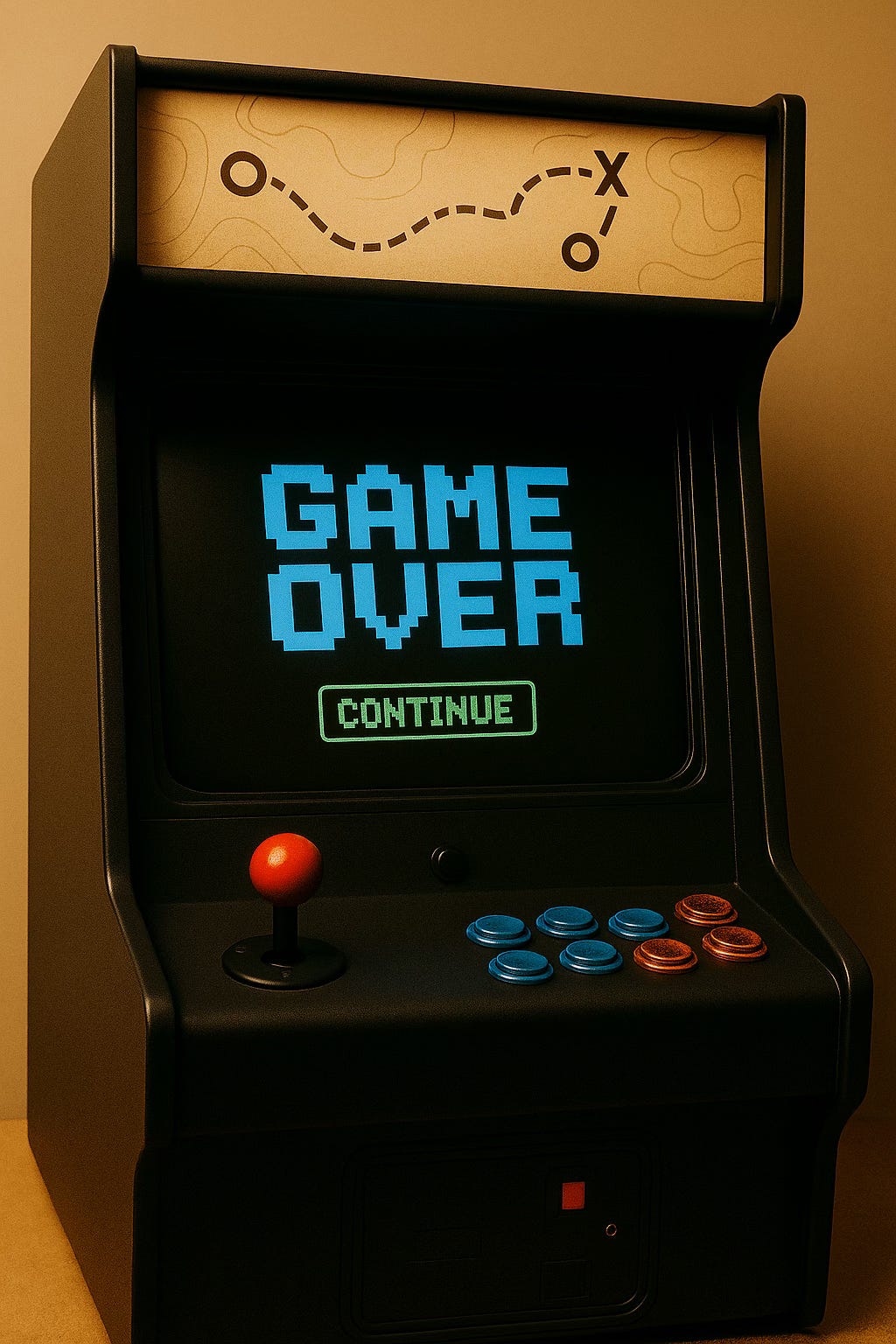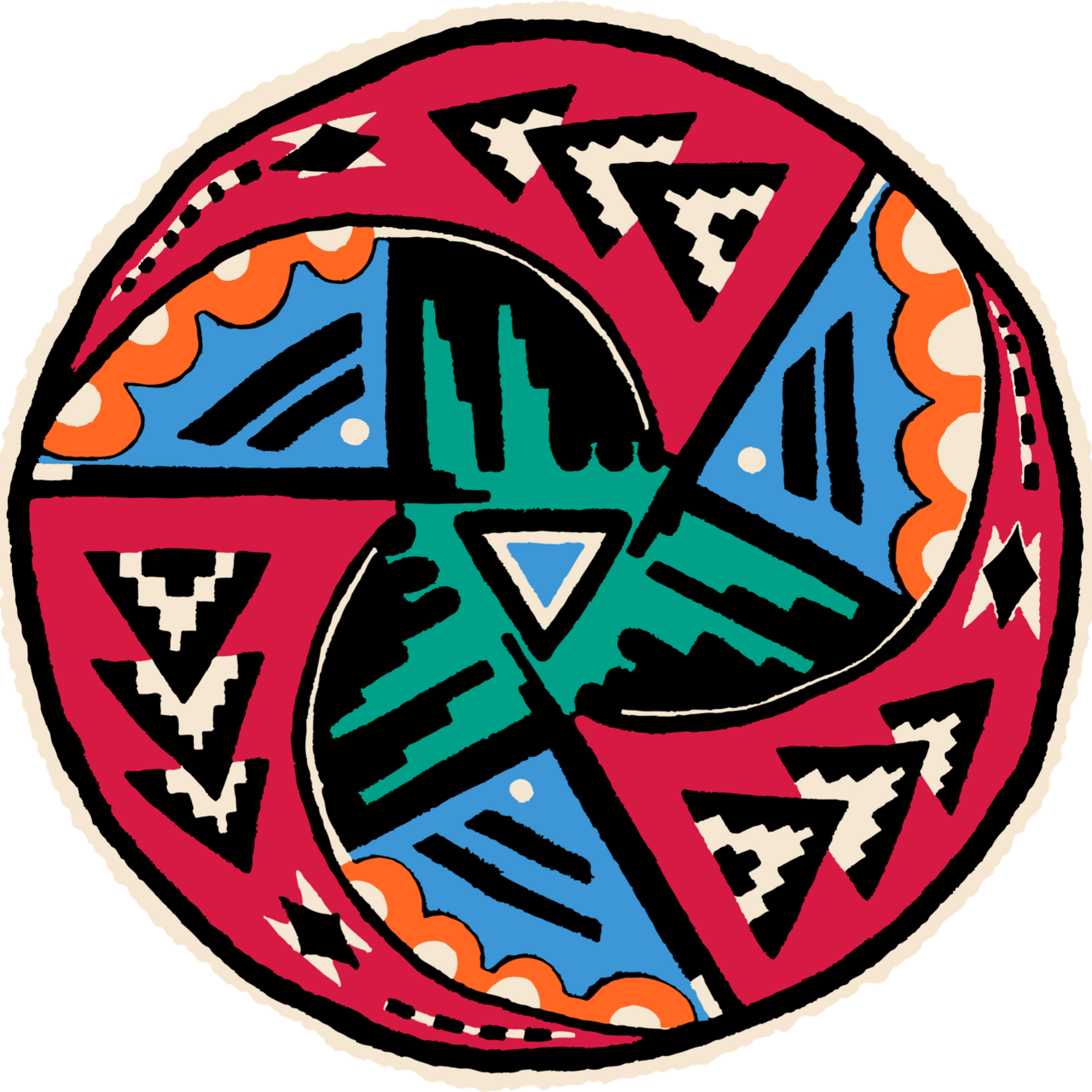🕹️Game Over, Game On.
We built systems to win.... just not to last.
Despite the perks, ping pong, and profit-sharing… most organizations optimized for power… then wondered why no one wanted to come to work.
Let’s #ExploreBalanceFlow:
🔍 EXPLORE
From Fortune 500s to grass-root startups, most organizations still orbit around power: who wants it, who gets it, and who decides the rules.
You can see it in the meeting that never ends, the decision that always escalates, and the talent that quietly disengages.
And for a while, it worked. In some orgs, it still does. But the cracks are really starting to show.
That doesn’t mean it was all bad. The old game had its wins - and plenty of them.
We launched rockets. Built skyscrapers. Invented Excel.
Created org charts that made the pyramids look like scribbles.
Scaled faster than our nervous systems could adapt.
Ran meetings that ended on time (allegedly).
Moved markets with confidence and caffeine.
Power brought order and efficiency, along with the feeling that someone was steering the ship.
But systems built for control don’t age well. What once created order now creates friction.
We’ve all felt it:
Meetings with no center.
Strategies that echo, not inspire.
People leaving (long before they actually go).
Decisions stall. Trust thins. Accountability gets replaced by optics.
And yet, most of us are still playing.
Why?
Because it’s the game we inherited.
And somewhere along the way, we stopped questioning the rules.
♾️ BALANCE
If we inherited the game, we also inherited its logic: Power is how things get done.
It creates clarity. Drives decisions. Moves things forward when consensus stalls.
But that logic came with tradeoffs… some obvious, others woven into how we work and relate.
And if there’s an answer, it’s definitely not just doing the opposite.
That’s too easy. Too symmetrical. We know better than that.
It’s the mindset baked into the system:
Win/lose logic instead of win/win design.
1-up / 1-down dynamics instead of shared upside.
Competition as dominance instead of growth.
When competition becomes the core operating principle, it stops being a catalyst and starts becoming a cage.
Ambition gets weaponized.
Control gets mistaken for capability.
Ladders get climbed, even when the building is burning.
Nature has its own operating system: Explore ↠ Expand ↠ Extract ↠Expire.
That’s the cycle. Everything alive follows it… including our organizations.
When we ignore the cycle, we double down on systems built for a season that’s already passed.
So, we adapt -- we explore ideas, balance tensions, and flow forward… like a wild river that refuses to run straight.
We’ve all tried these patterns on for size. Not as fixed roles, but as familiar moves shaped by pressure, environment, and what we believe the game demands.
The Climber: Clear, ambitious, and decisive. Knows how to get things done, but may conflate control with progress.
The Ghost: Adaptive, low-conflict, and observant. Avoids drama, but often disappears from meaningful tension.
The Steward: Grounded, inclusive, and long-game focused. Holds space for others, but can struggle in systems wired for speed.
This isn’t about giving up power.
It’s about giving it a better job to do.
The opportunity isn’t to eliminate any one of these strategies.
It’s to build systems where Stewardship becomes viable, rewarded, and scalable - not the exception.
🌀 FLOW
Your Company Has Power Problems. (Yes, Yours.)
Look around…
Are decisions made or just delayed until someone senior picks a side?
Are people collaborating or just avoiding blame?
Are meetings productive or just slow-motion hostage negotiations with a LaCroix?
If you’re still running a win/lose operating system, your org is bleeding trust and agility.
And your best people already have one foot out the door.
So, what comes next?
Not more control. Not flatter org charts.
But a post-conventional operating system built on shared power, clear principles, and real accountability.
We don’t need to burn the whole thing down. We just need to stop reinforcing systems built for a different season (or someone else’s reason).
That’s how systems shift. Not through slogans or org charts, but through the daily practice of choosing a better game.
One decision. One conversation. One redesign at a time.
The new OS won’t be shipped… it’ll be shared, practiced, and upgraded in real time. Compass in hand.
🧭 Compass Club is underway
A private circle of founders, operators, and systems thinkers redesigning how power, trust, and performance actually work.
We’re not chasing titles.
We’re exploring what it means to steward something bigger than yourself.
We’re digging into:
» How trust actually scales
» Designing win/win/win systems—from small teams to high-stakes orgs
» What to do when the old game stops working and the new one isn’t clear yet
Compass Club opens again in September.
If this kind of thinking resonates, stay tuned — or reply for a short walkthrough we’ve put together.





